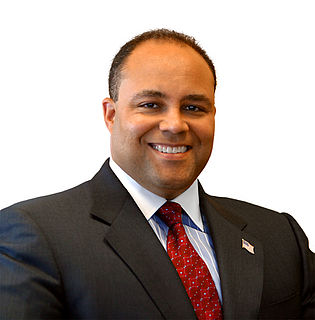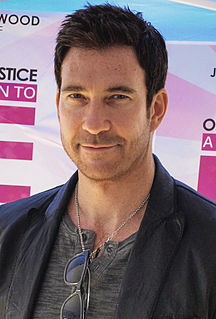A Quote by Vinton Cerf
By placing intelligence at the edges rather than control in the middle of the network, the Internet has created a platform for innovation.
Related Quotes
Throughout the history of the Internet, most of the innovation has come as a by-product of efforts to facilitate communication within social groups of various kinds (academics, bloggers, peer-to-peer file sharing), rather than as the result of profit-oriented investment. Rather than taking the lead, the business and government sectors have adopted innovations developed in Internet communities, and realised significant productivity gains as a result.
We need a wireless mobile device ecosystem that mirrors the PC/Internet ecosystem, one where the consumers' purchase of network capacity is separate from their purchase of the hardware and software they use on that network. It will take government action, or some disruptive technology or business innovation, to get us there.
Because of the Internet's open platform, entrepreneurs have started small businesses, innovators have created online services, and webcasters have produced a diversity of news-information sources. We must make sure that winners and losers are decided by the marketplace and not your Internet service provider.
But innovation is more than a new method. It is a new view of the universe, as one of risk rather than of chance or of certainty. It is a new view of man's role in the universe; he creates order by taking risks. And this means that innovation, rather than being an assertion of human power, is an acceptance of human responsibility.
Bitcoin is a peer-to-peer, decentralized form of money, as durable as the Internet itself. Remember, the Internet - or DARPA, as it was originally called - was created as a fail-safe, global network with no 'single point of failure.' If one part goes down, data takes another route, and nothing is lost.



































